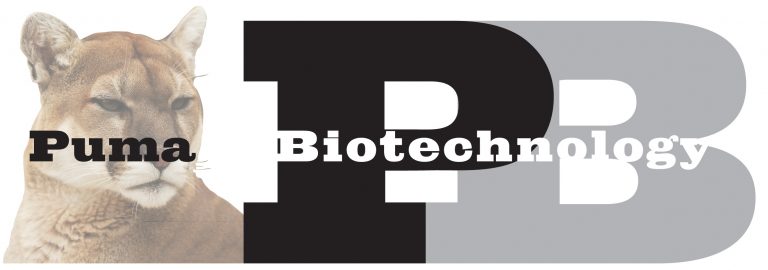
Amarin Corporation plc (NASDAQ:AMRN) and Puma Biotechnology, Inc. (NASDAQ:PBYI) both updated markets as to the progress of their respective lead development programs early this week and both fresh inputs have translated to movement in the companies’ share prices.
Here’s what happened.
Amarin
Amarin is trying to get an asset called Vascepa to market in the US as a treatment for hypertriglyceridemia, or high levels of triglycerides in the blood. The drug is already approved in a similar indication, with the FDA having green-lighted the asset back in 2012 for the reduction of triglyceride levels in adult patients with severe hypertriglyceridemia. That’s the severe end of the spectrum, however, which limits the potential market quite considerably.
The current program is designed to show that Vascepa, when combined with statin therapy, will be superior to statin therapy alone when used as a preventative for reducing long-term cardiovascular events in high-risk patients with mixed dyslipidemia. Dyslipidemia simply refers to an abnormal amount of lipids (triglycerides, cholesterol and/or fat phospholipids) in the blood.
Statins are currently the standard of care therapy in this indication and are prescribed second only to diet and exercise when a patient is diagnosed with the condition. As many as 33% of the US population suffers from high cholesterol, triglycerides, or both, with estimates suggesting that up 56 million Americans ages 40 to 75 are eligible to for statin therapy. Around 25 million are already taking statins.
If Amarin is able to prove that its drug can improve on the current statin treatment, there’s a very large potential market waiting for the drug when it hits shelves. One of the largest in the US, in fact.
And that’s what the latest trial is set up to do. The company wanted to show that the drug, when combined with statins in this patient population, can reduce cardiovascular events like heart attack and stroke compared to those patients that just receive statin treatment alone.
The latest update detailed that more than 90% of the targeted 1,612 primary major adverse cardiovascular events (MACE) have been reported and that patients are being scheduled for final study visits commencing March 1, 2018. Further, the company maintained previous guidance that top-line data will hit press before the end of 3Q 2018.
On the back of Amarin confirming that it’s on track for a timely report, the stock has gained about 10%. If data prove positive, it could gain much more.
Puma Biotechnology
Puma just announced the outcome of a meeting of the Committee for Medicinal Products for Human Use (CHMP) of the European Medicines Agency (EMA), which was set up to discuss and review the company’s Marketing Authorization Application (MAA) for the drug neratinib. The company is trying to get neratinib approved in Europe as an extended adjuvant treatment for patients with early-stage HER2-positive breast cancer.
As per the latest report, the application’s chances of picking up approval do not look good.
The CHMP pointed to the fact that the study results rest on evidence from a single pivotal trial and, additionally, that 2- and 5-year invasive disease free survival (iDFS) benefits observed to-date “may lack sufficient clinical relevance.”
This is a real setback for Puma, given that a large part of the company’s current valuation rests on this asset picking up approval in Europe.
There’s a vote scheduled for mid-February this year, as part of which the CHMP will formalize its review of the application and submit the review to the EMA ahead of the latter’s decision.
Markets are anticipating that the formal vote isn’t going to be any more favorable than the latest panel outcome and trading down on the company as a result.
At the close of trade on Tuesday, Puma was trading for a 4% discount to its daily open and, ahead of the open on Wednesday, pre-market trading has extended this decline by a further 29%.
Chances are we’ll see a continuation of this decline as normal participation gets underway on Wednesday in the US.
If you enjoyed this article, read this next: Celgene, Novartis Both Report Billion Dollar Buyouts




